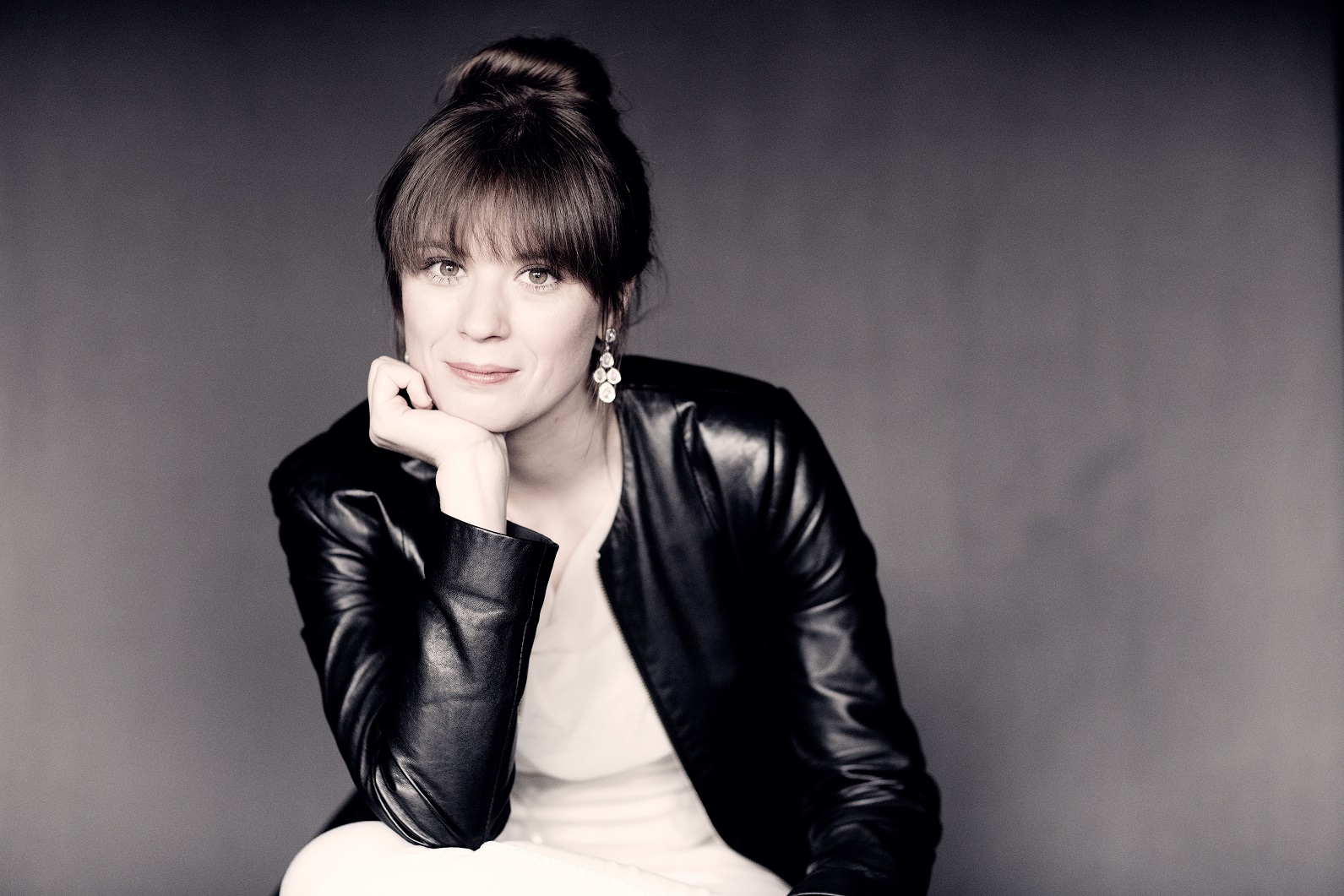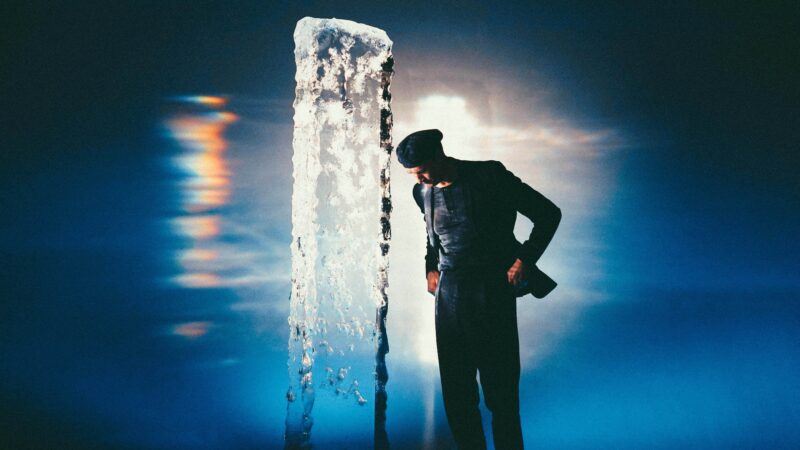Barbican Hall
Culture and conflict: ever dancing an uneasy waltz. Yet a cleverly comprised program can celebrate the best of a composer while also placing them in the wider geographic and historic concept. Contextualise contextualise contextualise…
….and doesn’t that sound fun? Helpfully the music, along with being informative happens to also be divine. Are you ready to explore legendary composer Sergei Rachmaninoff’s colossal Third Piano Concerto, followed by work from Boris Lyatoshinsky and Valentyn Silvestrov? You should be!
Now, this is where things get complex. After 328 days of brutal invasion by Russia of Ukraine, an afternoon celebrating a Russian composer feels like an odd choice. But music (and politics) is very rarely so cut and dry.
Like the 2015 row over Rachmaninoff’s burial( in the US), the government’s requested exhumation and return to his homeland seem to conflict with his fleeing from the 1917 revolution. Also the subsequent banning of his music within the USSR in 1931. Can a man who died at the very height of communism, exiled in America be linked to a capitalist autocracy and the contemporary atrocities it commits? I would say no, but his music will forever be integral to the soul of the country he was forced to flee.
Undeniably it’s thin ice across the Volga whatever way you look at it. The Barbican has however donned a pair of skates and glided across this cultural minefield, utilising Ukrainian conductor Kirill Karbits and superstar pianist Anna Fedorvoa. Both add their spins to Rachmaninoff’s third, Peace Shall Defeat War (another politically loaded work) by fellow Ukrainian composer Lyatoshinsky. In-between is sandwiched a flighty piece by Valentin Silvestrov’s The Messenger, a student of Lyatoshinsky in the Kyiv Conservatory and fellow compatriot.
History aside for a moment, let’s chat about the music, shall we? In all its sweeping, sanctifying, and sweet glory. The BBC SO sit, tuning up like a swarm of glittering black beetles, rubbing their wings together. Onwards marches Fedorova looking like a medieval royal, in a glittering golden ball gown, shoulders high, then bending like a willow over the keys… we wait… tense hands around plastic wine glasses, teetering on the edge of an auditory cliff.
The piece is shockingly demanding, Fedorova leads the charge, the scales rippling like the undulations of some great snake. Her spider-like fingers dart and dash along the keys, snatching back the explosion of orchestral movements and breaking up any overtly cohesive crescendos. Rachmaninoff, giving the premier himself in 1909 in New York, faced early criticism that the work was more an example of the composer’s virtuosity with the piano than an outstanding piece itself. Time has proved these early naysayers wrong as the movement has soared in popularity. Yet the piece is still a shining example of a musician at the height of their game and is both impressive and a little tiring to witness.
Its flashy, dramatic, and faintly ridiculous, bounding along with at first oppressive slowness, punches of strings, and oboes fluttering along the slow build. Then the ever-mouthy piano flares up once again, buckling back into soft scales and chords as if it hadn’t just lost its cool in wild fury. Imagine being gaslighted by a piano. YouTube fame (especially her recent video of the 3rd hitting 4.1 million views) Fedorova is the classical equivalent of an influencer. Over 20 benefit concerts for the victims of the conflict and appearances in the Ukrainian Freedom Orchestra have raised over 500, 00 euros for the cause. Her confidence, musicality, and gleaming stage presence are a winning combination.
Following this (after the interval) is Peace Shall Defeat War. Historically interesting, it was banned by the Stalinist regime at the time and forced to be rewritten. In this instance, Kirill Karabits gives light of day to the original piece. Its musical doubtfulness, mixing Ukrainian folk themes into the bubbling militaristic clashing is a clever critique of the violence of nations. Deftly putting to music the horrors faced then (as now) by the Ukrainian people at the hands of invaders. Erratic, building into glowering storm clouds higher and higher to a terrible pinnacle only to crash to nothing once again. Like peace, the needing conclusion proves to be elusive as it’s snatched away again and again.
In between sits Valentin Silvestrov’s The Messenger. A slight, light, and sombre rumination played by Fedorova alone at the piano. With neoclassical trills, it gives hints of an older time, Silvestrov explains his work as “I do not write new music. My music is a response to and an echo of what already exists,”. This delicate piece is a nice balance to the two heavy-handed behemoths on either side of it.
The changing face of Russia, the people it has formed (and suppressed) are expertly explored on this Sunday most unusual. By talents: the BBC SO, Fedorova, and Karabits most extraordinary. My only hope is that we continue to look at the works of Russian composers carefully. Also, that Lyatoshinsky’s title Peace Shall Defeat War aimed at the ravages of the second world war comes true in this most heartbreakingly current conflict.
Catch more wonderful concerts! Click here!



